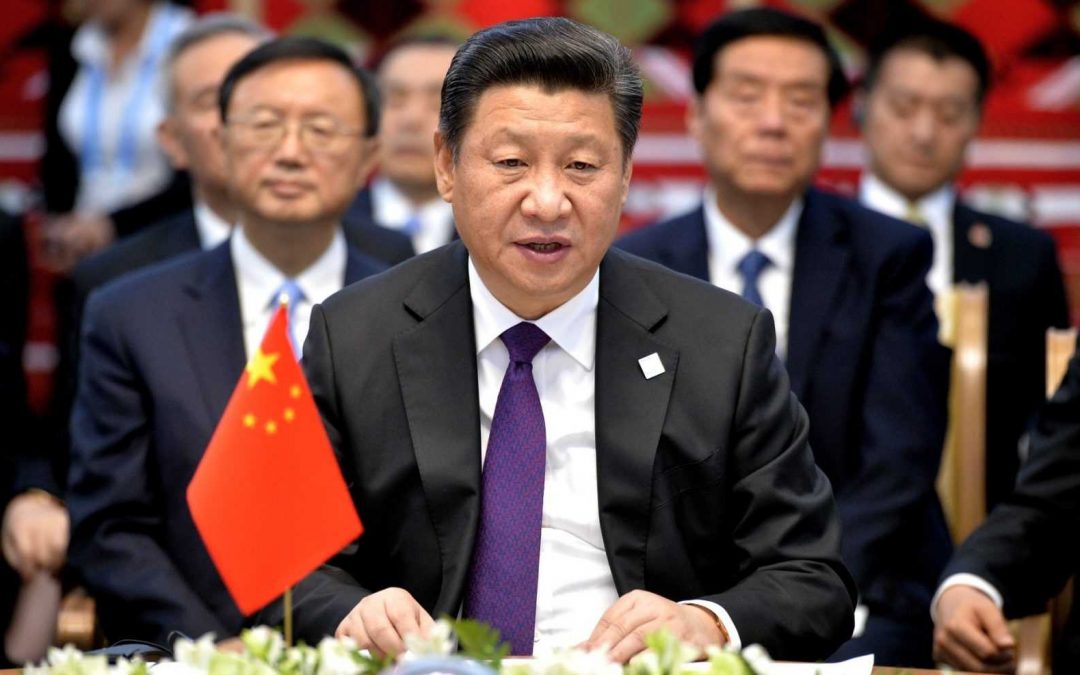Peter Koenig
Economist and Geopolitical AnalystChina’s economic philosophy is a far cry from that of the west.
The west consistently seeks to undermine the interests of their partners, be it for trade or political agreements; be it partners from the west, their smaller and weaker brothers; or from the east; or from the south, there is always an element of exploitation, of “one-upmanship”, of outdoing a partner, of domination. Equality and fairness are unknown by the west. Or, when the concept was once known, at least by some countries and some people, it has been erased by indoctrinated neoliberal thinking – egocentricity, “me first”, and the sheer, all-permeating doctrine of “maximizing profits”; short-term thinking, instant gratification or more extreme, making a killing today for a gamble
This has become a key feature of western commerce and trading. It’s manipulation and exploitation over ethics; it’s Profits Über Alles! Doesn’t it sound like fascism?
China’s approach is quite different. It’s one of sharing, of participating, of mutual benefits. China invests trillions of dollars equivalent in developing countries – Asia, especially India and now also Pakistan, Africa, South America, largely for infrastructure projects, as well as mining of natural resources. Unlike the gains from western investments, the benefits of China’s investments are shared. China’s investment and mining concessions are not coerced, but fairly negotiated. China’s investment relationship with a partner country remains peaceful and is not ‘invasive’ and abusive, as are most of those of the west which uses threats and guns to get what they want.
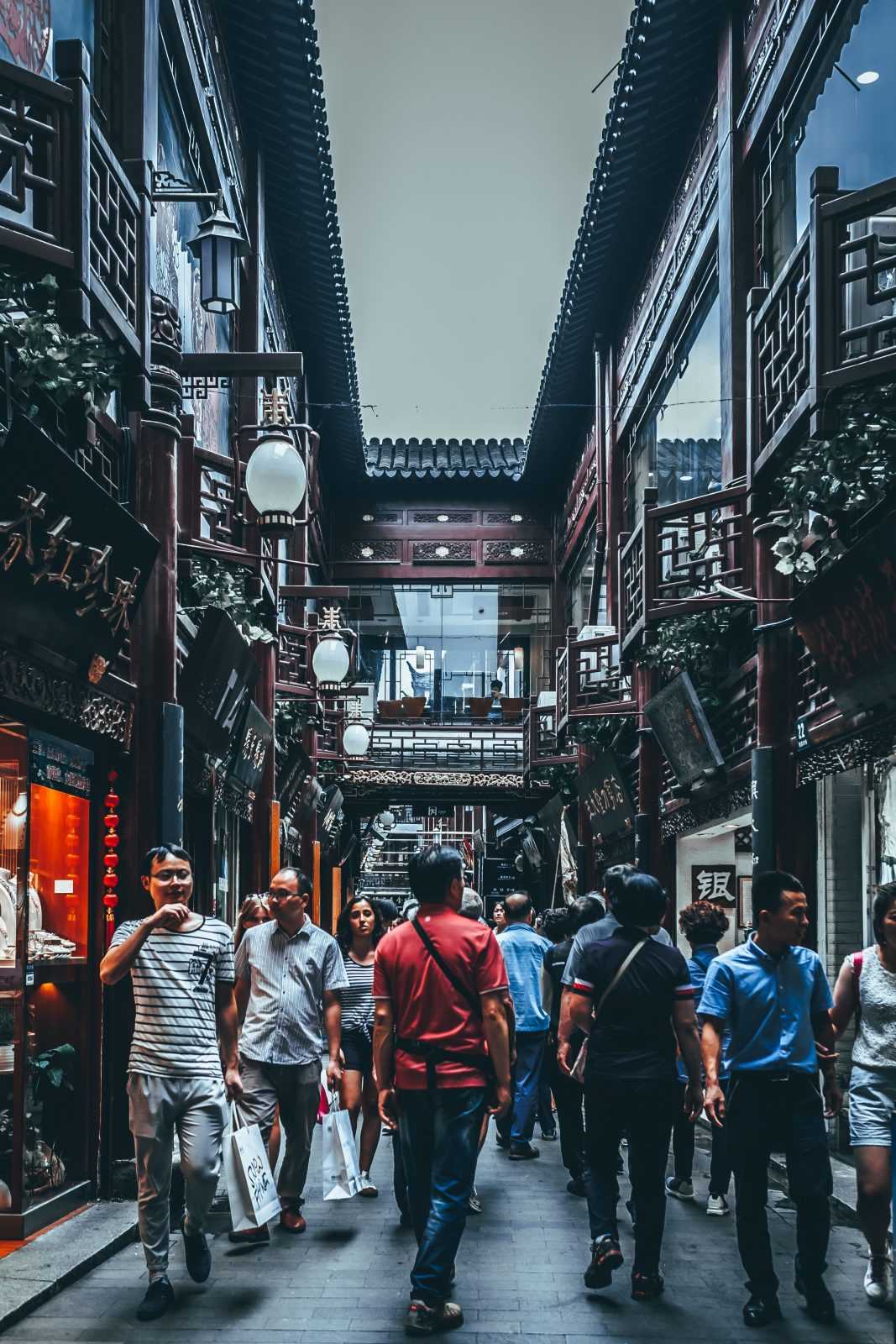
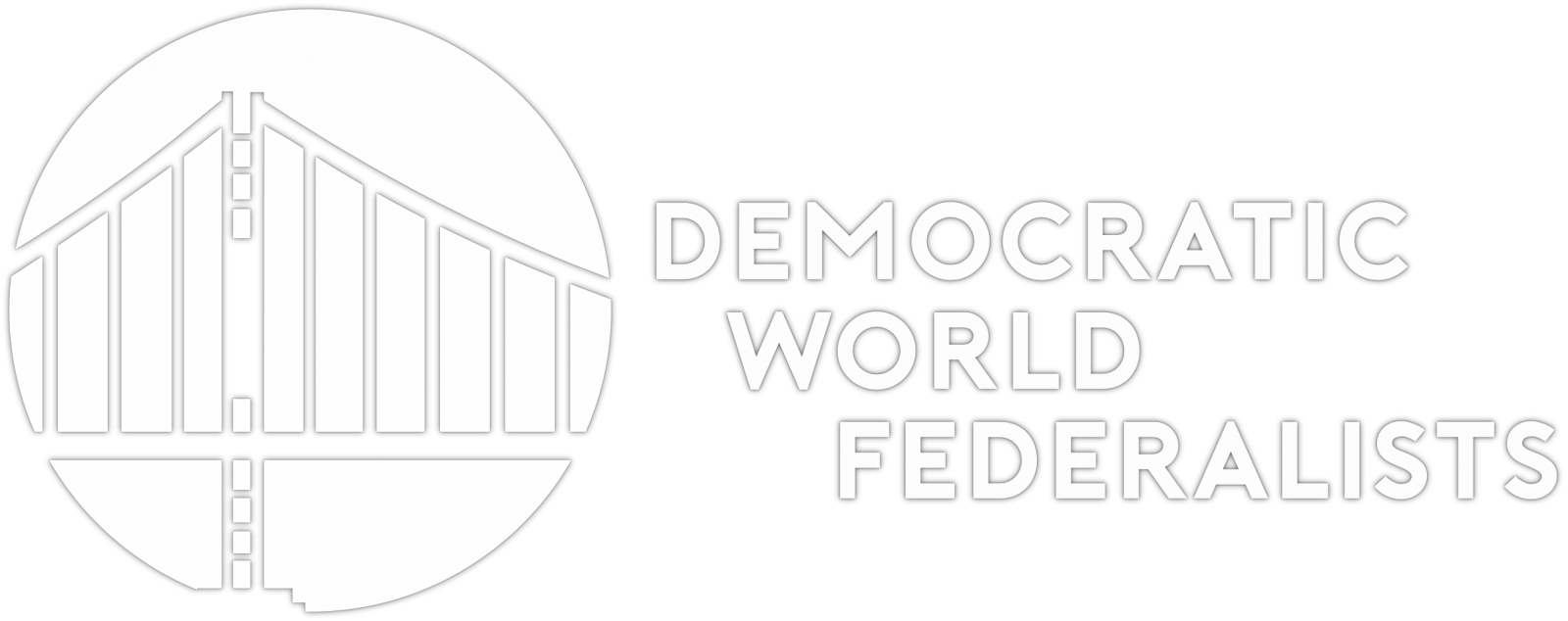
THE SAN FRANCISCO PROMISE
Click to Learn More
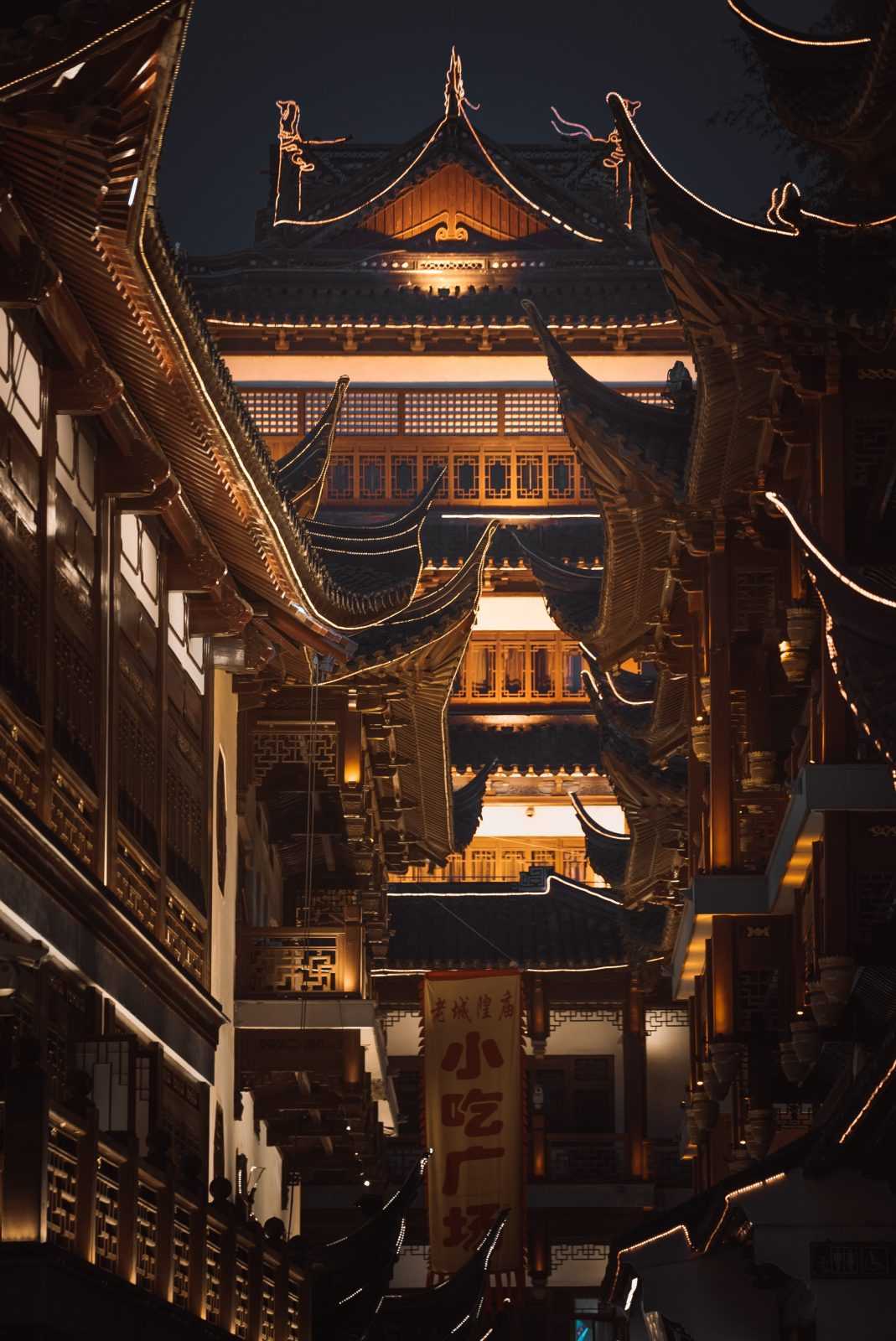
Of course, the west complains about Chinese investments, lying how abusive they are, when in reality the west is upset about Chinese competition in Africa and South America, continents that are still considered part of the western domain, as they were colonized for about thousand years by western powers and empires, and as of today, African and Latin-American countries are neo-colonized, no longer (for now) with brute military force, but with even more ferocious financial strangulation, through sanctions, boycotts and embargos; all highly illegal by any international standards. But there aren’t any international laws that are upheld. International courts and judges are coerced to obey Washington’s dictates, or else… literally “or else”; and these are serious threats.
Take the case of West and Central Africa, former French colonies. The French West African zone includes eight countries: Benin, Burkina Faso, Guinea Bissau, Ivory Coast, Mali, Niger, Senegal, Togo; and the French Central African area comprises six countries – Cameroon, the Central African Republic, Chad, Republic of the Congo, Equatorial Guinea
They are two separate currencies, though always at parity and therefore interchangeable. The Western and Central African monetary union have separate central banks, the Banque Centrale des États de l’Afrique de l’Ouest, BCEAO, headquartered in Dakar, Senegal; and the Banque des États de l’Afrique Centrale, BEAC, in Yaoundé, Cameroun. Both currencies are guaranteed by the French treasury. This means, in fact, that the economy of these 14 countries not only depends on
With the French control over the West and Central African currencies, the foreign trading capacity of these countries is reduced to what France will allow. France has a de facto monopoly on these countries’ production. Should France stop buying their “former-new” colonies’ goods, the countries go broke, as they have been unable to develop alternative markets under the French yoke. Thus, they are always at the mercy of France, the IMF,
In addition, to back this French Treasury guarantee, 85% of the countries’ foreign exchange reserves are blocked by the French Central Bank and may only be used by the respective counties against specific permission and as a loan. Imagine! The “former” French colonies have to borrow their own money from the French Central Bank. Similar debt enslaving is going on in former British and Portuguese colonies, though, none of them is as abjectly abusive as are the French.
Big wonder that Chinese investors are highly welcome in Africa. And knowing western manipulating and deranged mindsets, no wonder that China is demonized by the west as exploiting Africa to the
In Africa, China is not only focusing on buying and trading natural
This is just one more signal that China is in Africa – and Asia and Latin America – not just for the legendary American Quick Buck, but for genuine investments in long-term economic development which involves developing transportation networks, efficient and independent financial systems which may escape the western SWIFT and FED / Wall Street banking system through which US sanctions are imposed. This may involve the creation of

Become a Member
By Becoming a member of the DWF, you help to keep us by running our basic operations and promoting our ideas.
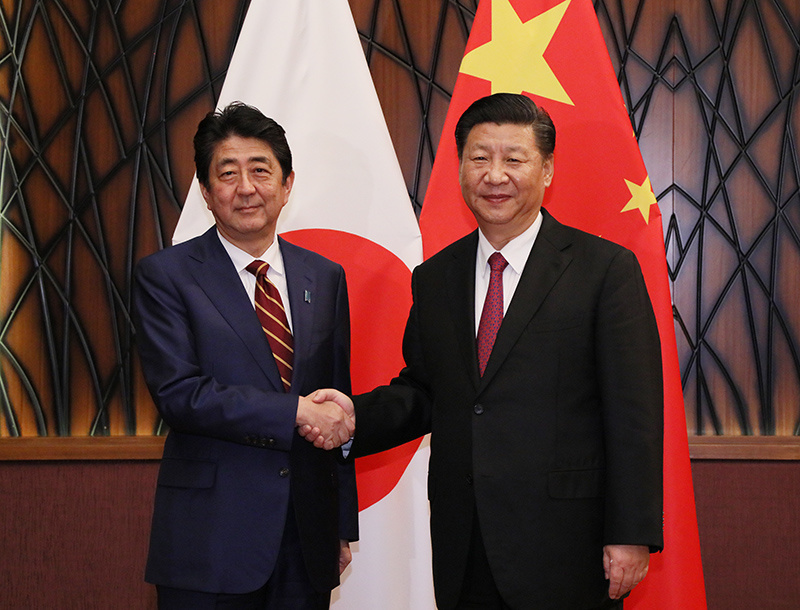
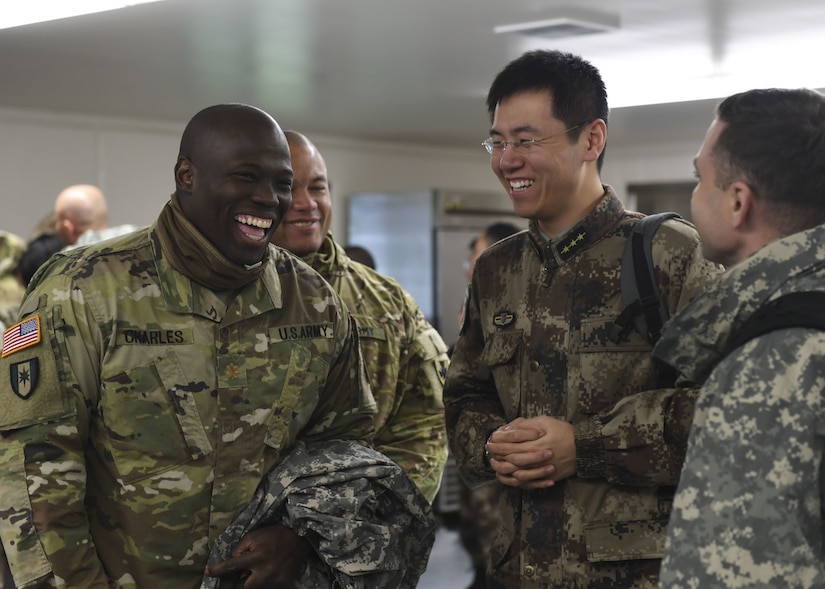
Donate
The DWF always needs your help to educate the public on the ideas of World Federalism and humanity’s advancement to a peaceful and rich society.

The Overseas Private Investment Cooperation (OPIC), a US private lending as well as investment guarantee agency, is upset about US investors losing out to Chinese and wants US corporations to compete more aggressively which is precisely what Africa rejects, America’s violent bombing approach to
Many African and South American countries prefer China’s yuan-investments, rather than Washington’s US-dollar investments. It’s ‘softer’ money coming from the Chinese. For China it’s also a way of diverting the world from the US-dollar, providing incentives for countries to divest their dollar reserves into yuan reserves. That is already happening at accelerating speed.
China’s outlook at home and abroad is nothing less than spectacular. On the home front, they are building cutting-edge technology transport infrastructure, such as high-speed railways, for example, connecting Shanghai and Hangzhou, cutting travel time from one and a half hour in half. China’s high-speed bullet train connects for the first time Hong Kong with the mainland, cutting travel time Hong Kong to Beijing from 24 hours to 9 hours.
In October 2018, after nine
China has just built a US$ 2.1 billion AI (Artificial Intelligence) industrial park, and is not sleeping either on the environmental protection and development front, investing billions in research and development of alternative clean energies, especially solar power and its storage potential, next generation beyond lithium batteries, ranging from lithium solid state to electrolyte materials to graphene batteries and eventually to copper foam substrate. And that’s not the end of the line. Each battery technology offers increased capacity, safety and charging and discharging speed.
What is World Federalism?
World Federal Government (WFG)
On the domestic and international front, the Belt and Road (B and R) Initiative – the New Silk Road – is China’s President Xi’s phenomenal geo-economic initiative to connect the world from China with several transport routes and develop in a first step Western China, Eastern Russia, Central Asia and Eastern Europe – all the way to the frontiers of western Europe. This massive economic development program includes industrial parks, trade
The endeavor is so huge, it has recently been inscribed into the Chinese Constitution. It will mobilize in the coming decades and possibly century trillions of yuan and dollar-equivalent of investments, mostly from China, Russia, the other SCO countries, as well as European partners, and foremost the Beijing-based AIIB (Asian Infrastructure and Investment Bank) which has already 70 member countries, among them Australia, Canada, Western European nations and close to 20 prospective new countries; but not the United States of America.
This giant project, is, of course, not without challenges. While the need for proof of “
The next question is what’s the Chinese lending limit to countries who have already or will subscribe to the Belt and Road Initiative to help them repay western debt and integrate into the new eastern economic model and monetary system? The question is
Also, how will ownership of foreign assets; i.e., infrastructure funded and perhaps built, be dealt with? Will they become Chinese property, increasing China’s capital base and flow of money? Or would they be negotiated as long-term concessions, after which a country may repay to acquire sovereign ownership, or transfer part or all of the assets to China as a
Another issue which is steadily and increasingly cropping up in the west, of course, to demonize China and discourage “western civilized” (sic) countries to associate themselves with socialist China is China’s concept of “Social Credits”. It is largely based on what the west calls a dictatorial, freedom-robbing surveillance state with cameras and face-recognition everywhere. Of course, totally ignoring the western own Orwellian Big Brother Surveillance and lie apparatus which calls itself democracy, and, in fact, is a democracy for then the elite of the plutocrats, gradually and by heavy propaganda brainwashing converting what’s left of ‘democracy’ into outright fascism, we, in the west, are almost there. And this, to the detriment of the “Silent Lambs” as per Rainer
It is too easy to demonize China for attempting to create a more harmonious, cohesive and peaceful society. Granted, this surveillance in China as in the west, demolishes to a large extent individualism, individual thinking, thereby limiting human creativeness and freedom. This is a topic which the Chinese socialist government, independent of western critique, may have to address soon to keep precisely one of the key principles of Chinese society alive – ‘social cohesiveness’ and a sense of equality and freedom.
What is the “Social Credit” system? It is a digital footprint of everything the Chinese do, as private citizens, as corporate managers in production as well as banking, workers, food sellers, in order to basically create an ambiance of full transparency (that’s the goal – far from having been reached), so as to establish citizens’ and corporations’ “creditworthiness”, in financial terms, but also assessing crime elements, political inclinations, radicalism, to prevent potential terror acts (interestingly, in the case of most western terror acts, officials say the ‘terrorists’ were known to the police which simply leaves you to conclude that they acted in connivance with the forces of order); and to enhance food safety in restaurants and by other food sellers.
In other words, the aim is to establish corporate and individual “score cards” which will work as a rewards and punishment system, a “carrot and stick” approach. Depending on the crime or deviation from the rule, you may be reprimanded and get ‘debits’ which you may wipe out by changing your behavior. Living under the spell of debits may limit, for example, your access to comfortable or speedy travel, better and speedier trains, air tickets, certain cultural events and more.
Yes, the idea of creating a stable domestic society has its drawbacks – surveillance – demolition of much of individualism, creativity, by implanting conformity. The government’s axiom is “we want a society where people don’t desire to break the rules, but the earliest stage is that they are afraid to break the rules.”
In the end, the question is, will the “Social Credits” approach to societal living, meaning a total surveillance state with every data recorded into a network of total control, be beneficial or detrimental for the Chinese goal to push ahead with her extraordinary and mostly egalitarian economic development approach, transport and industrial infrastructure, scientific research and cultural exchange – called Belt and Road, alias the New Silk Road? Only the future will tell; but the Chinese are not alone. They have solid partners in the SCO and long-term economic development endeavors never work in linear values, but with the unknown of dynamics to which humans are uniquely adapted to adjust.
Original Publisher
Dissident VoicePeter Koenig is an economist and geopolitical analyst. He is also a former World Bank staff and worked extensively around the world in the fields of environment and water resources. He lectures at universities in the US, Europe

